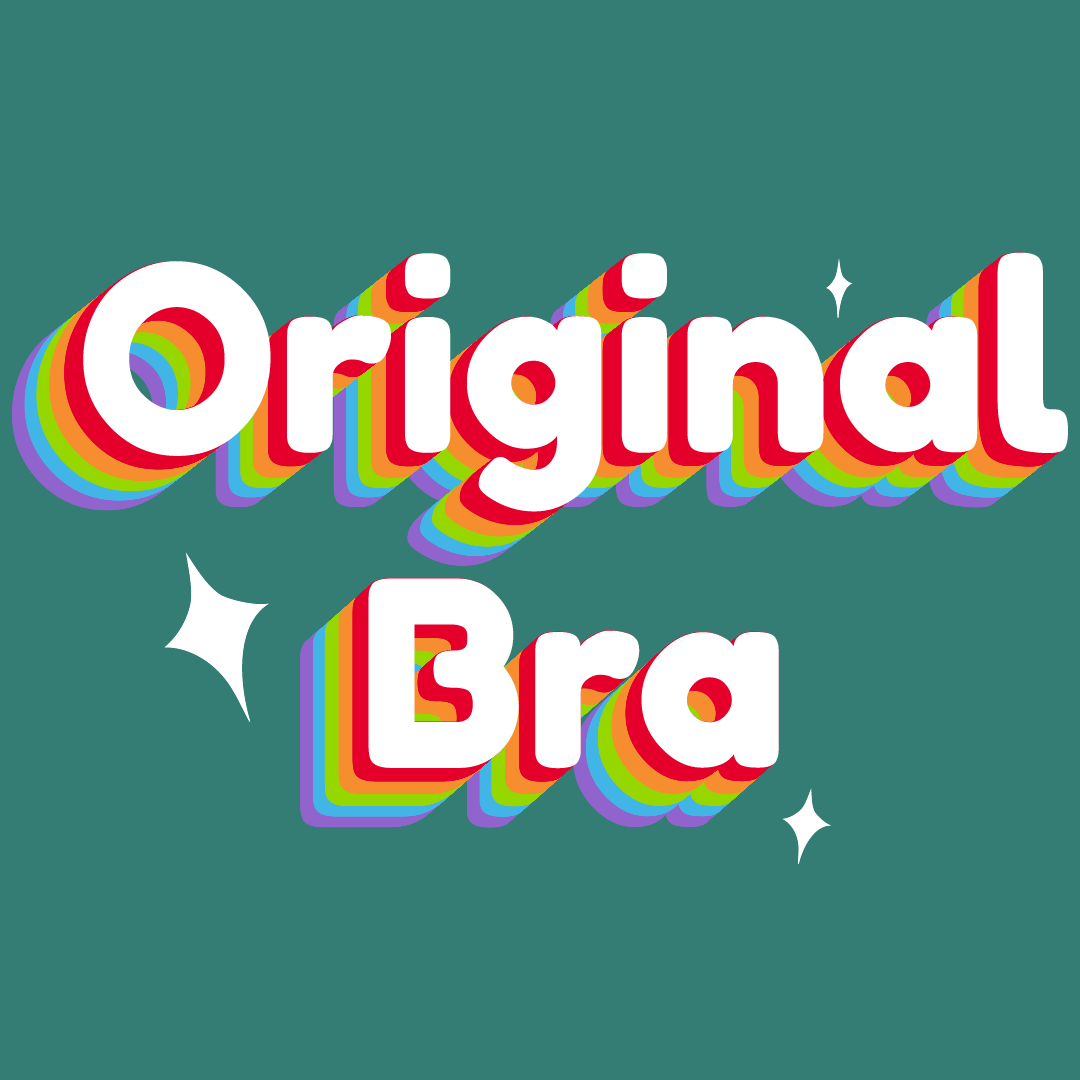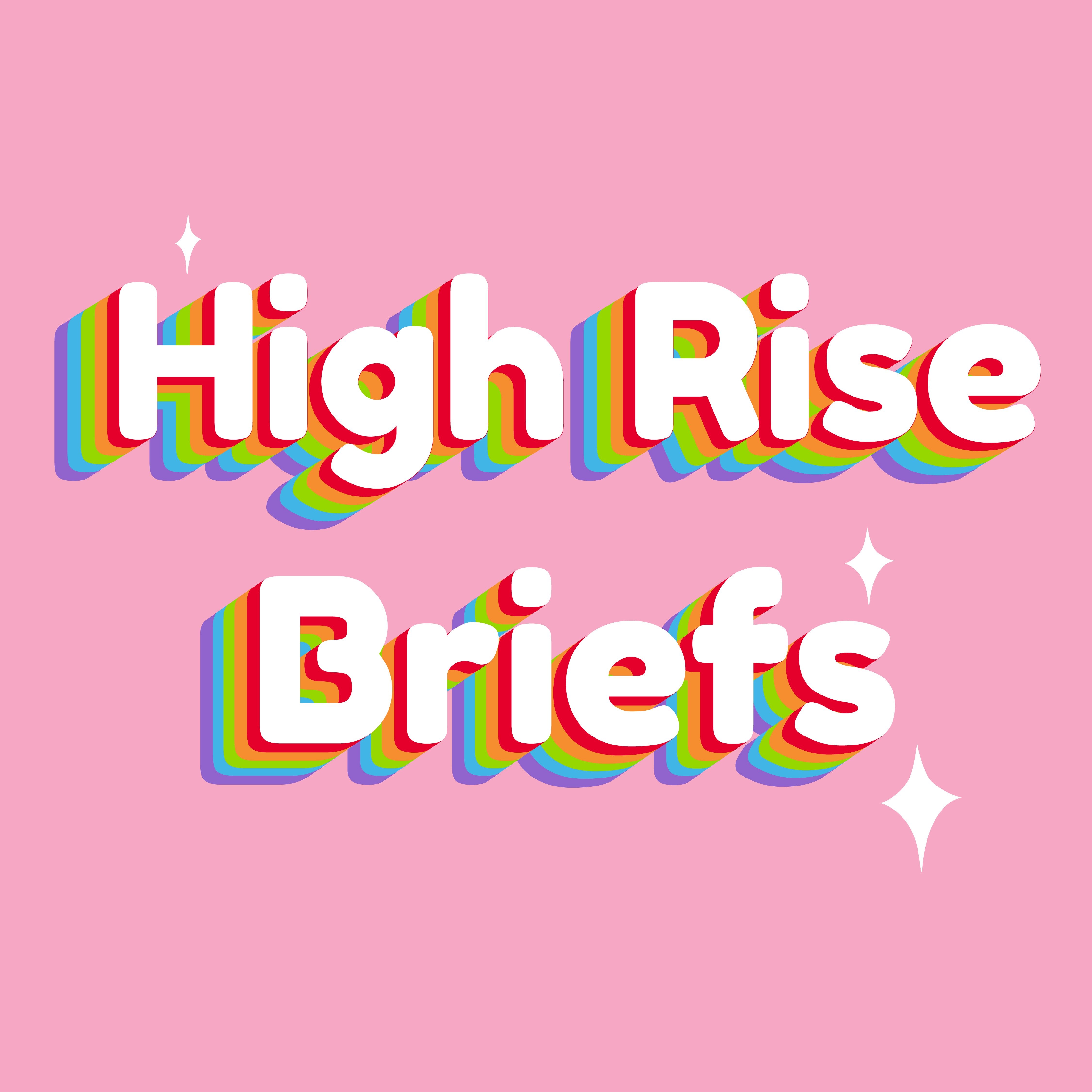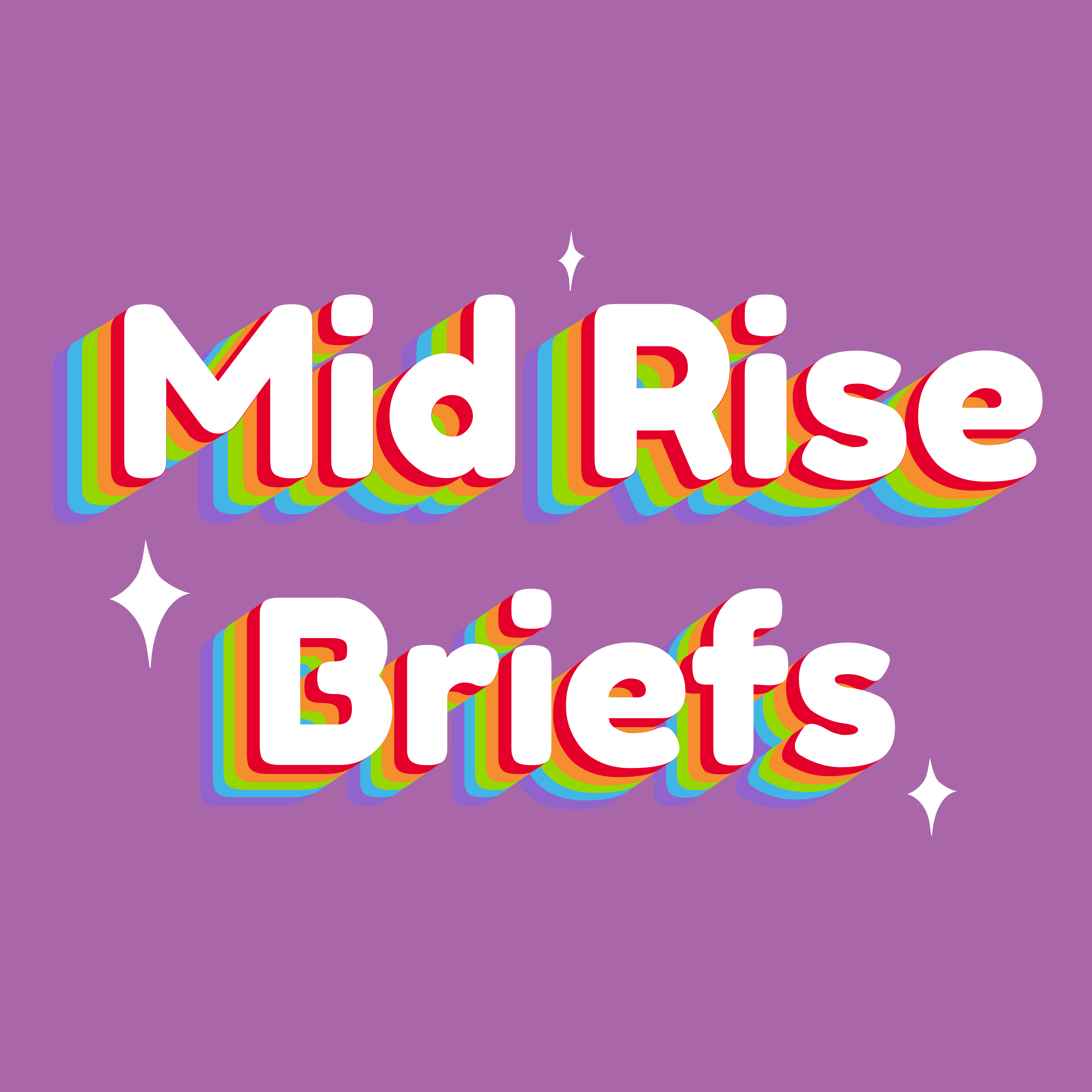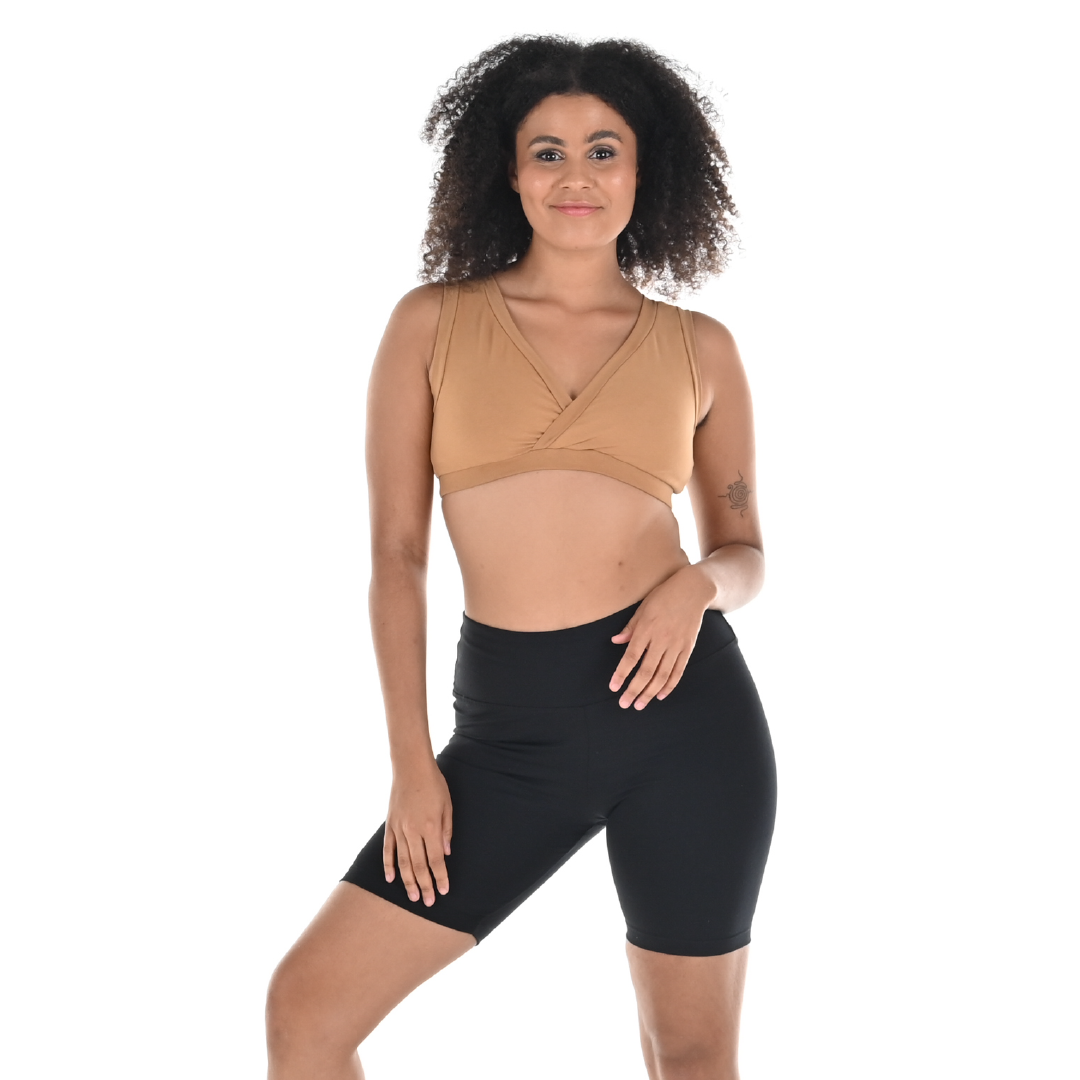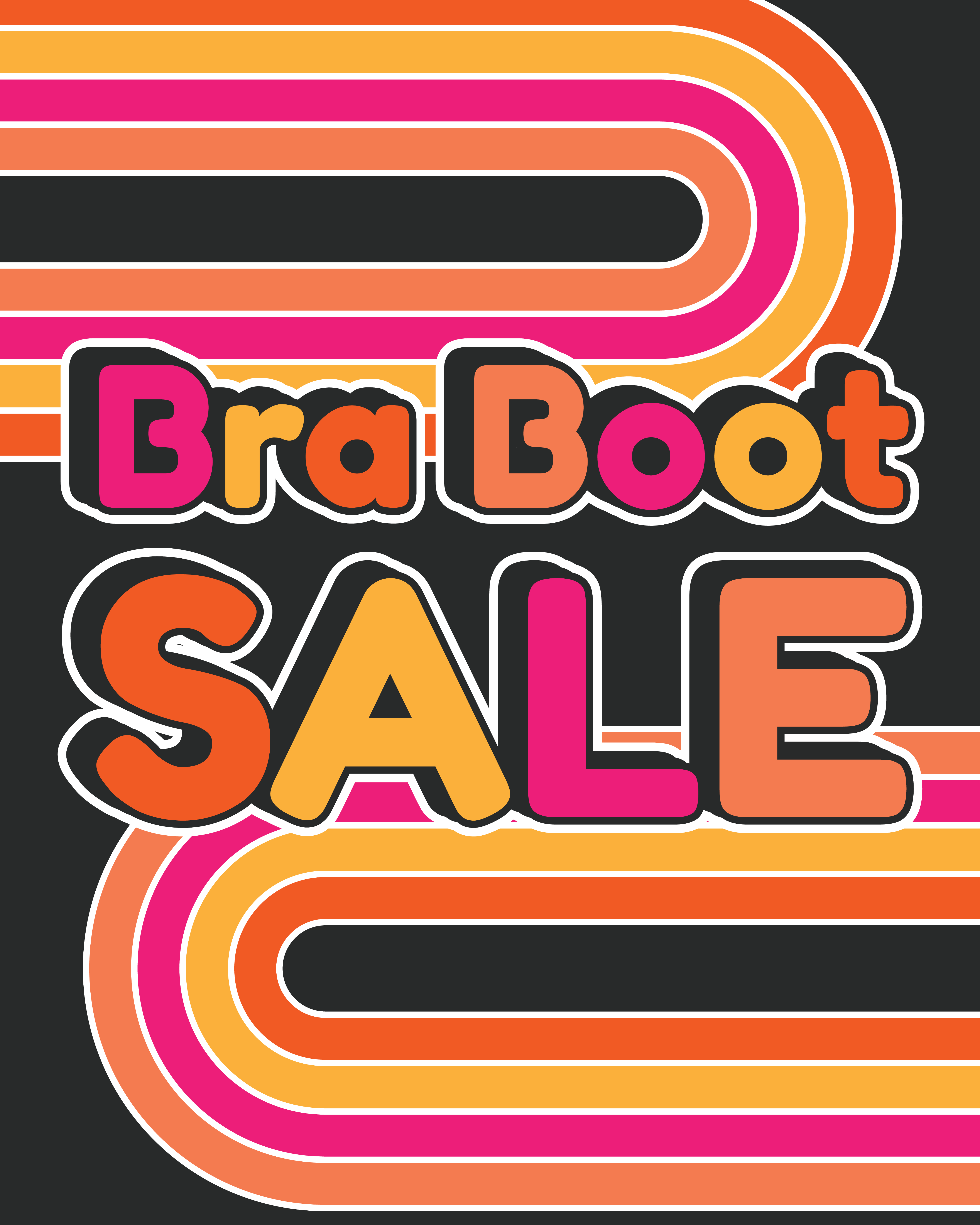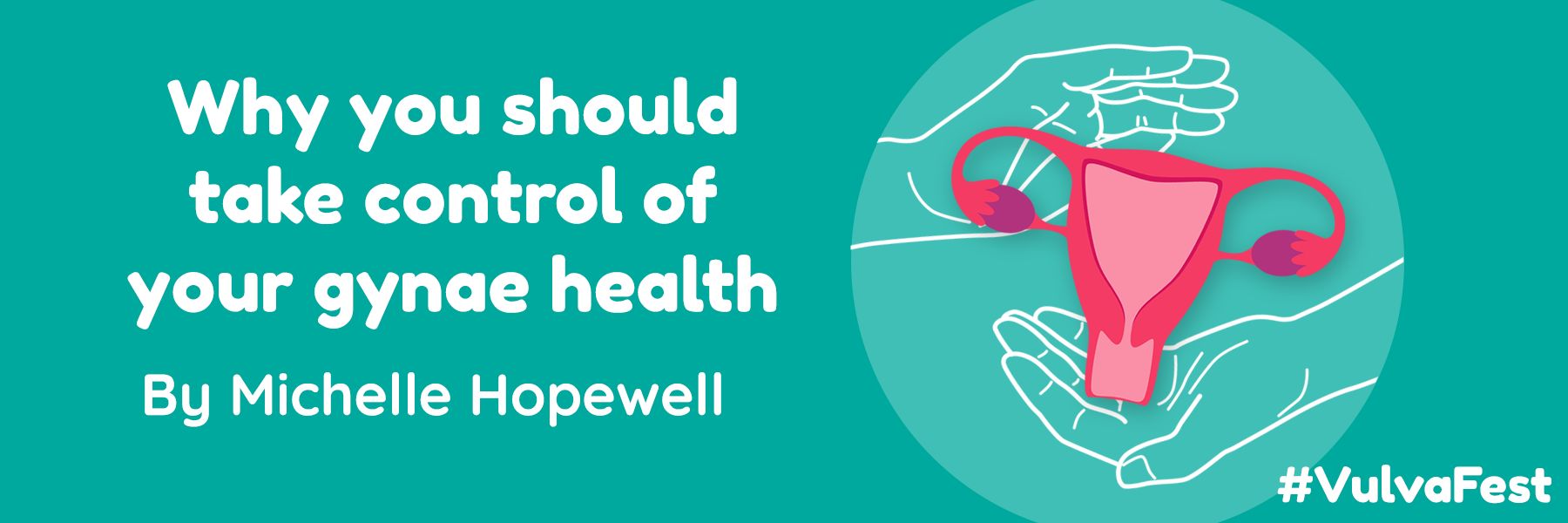Recently I read an article of on the World Health Organisation's website and at the end it said, “However, in this day and age, many people still lack information on, for example, sexuality, family planning, pregnancy and childbirth, sexually transmitted infections, infertility, cervical cancer prevention, and menopause.”
It's hard to believe that in 2022 there is still so much information around our gynae and reproductive health that is inaccessible, unknown or misunderstood. Though we may learn certain things in school or from our parents, how much are we actually empowered and encouraged to properly understand our bodies?
For a long time, I was somewhat of a bystander to my own body and its needs. I viewed it in a dissociated way or almost in abstract. I knew my body was mine and I should try and look after it, but it was only really when I discovered body acceptance movements, but then also began pursuing diagnosis for a condition I have called endometriosis, that I began to reclaim my body and getting to know it.
Instead of remaining a bystander or even making demands, I began actively doing what I could to support my body, understand it and work with it.
This became increasingly more important as I worked to manage pain and the multitude of symptoms that comes with living with a condition like endometriosis.
And along the journey to that I also began learning some important lessons about gynae health and why taking control of it for yourself is one of the most empowering and important things you can do for you.
Believe Yourself
Unfortunately, when it comes to gynae health or your reproductive health, you might find you spend a lot of time convincing medical professionals that what you think is going on, actually is. It’s easy for that medical gaslighting to make you begin doubting yourself. DON’T! You know your body more than anyone and if something isn’t normal for you, keep advocating until the appropriate investigations are done.
Call It By Its Name
Socially we have all of these different phrases for vulvas and often time the renaming only further increases the stigma, misunderstanding and misinformation. When referring to your vulva, call it by its name. Not just when talking to medical professionals, but with your partner, your family and friends. You wouldn’t call your arm, that long tube that bends!?
Knowledge Is Power
There is so much about our vulvas that still isn’t common enough knowledge. Basic information around our external and internal anatomy, the functions, and purposes. Because of the lack of information when there’s something going on, like extreme period pain, we never know if that is in fact normal? But knowledge is power. Invest time in doing that learning and researching yourself, so you can better support yourself.
Pain Isn’t Normal
But for some reason we’ve been told it is. We’ve been failed by so many and left thinking it's normal to suffer, to grit your teeth and get on with it. But it’s not. Where there could be prevention, detection, treatment, and management of a multitude of different gynaecological conditions, a lot of us are often left scrambling to find some semblance of normalcy with unmanageable pain and symptoms.
But that shouldn’t be the case. We deserve better care, better treatment and sometimes it might mean putting up a fight until you get it. And the only way that will happen is if we take control of our health and change the narrative and that comes from empowering ourselves.
This Vulva Fest I hope you feel empowered to know your body more, to care for it, support it and get it whatever help it may need!
